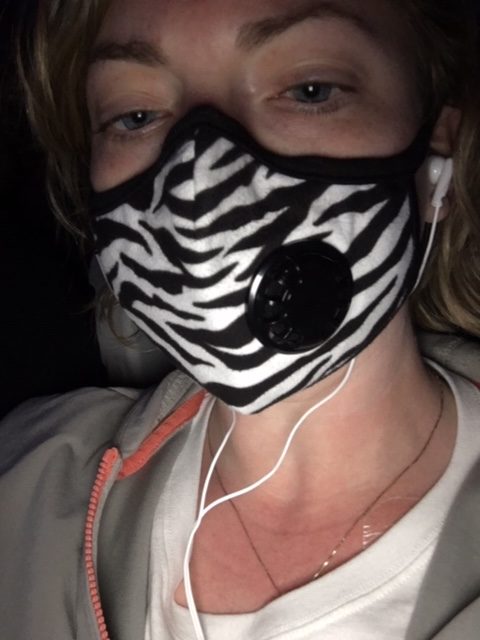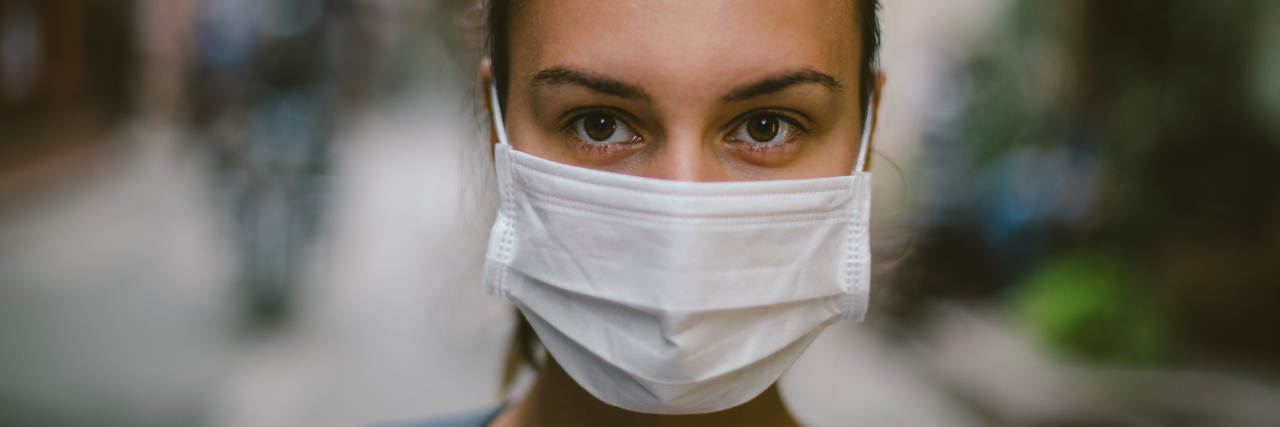On World Rare Disease Day, February 28th of 2019, I was diagnosed with common variable immunodeficiency (CVID). This came after fighting nagging infections for years, and then continuously since September 2018.
CVID is a type of primary immunodeficiency (PI) that causes decreased numbers of antibodies for fighting infection (immunoglobulins) and functional immune deficits. In other words, people with CVID’s bodies don’t “learn” from infection, which leaves them susceptible to repeat infections. CVID is common in comparison to other PIs, but rare in general. This World PI Week, I’m inviting you to learn about what PI patients want and need along with me.
1. Diagnosis: 70-90 percent of people with PI worldwide are undiagnosed. A history of severe and/or persistent infection should set off red flags. Like many people with PI, mine went undiagnosed for a long time, until a series of small problems became a larger problem that could no longer be ignored. Early diagnosis leads to better treatment outcomes and fewer long term or permanent effects of unchecked PI, such as the development of autoimmune and lung disease, which can further complicate life and treatment for people with PI.
2. Access to treatment: There are more than 350 types of immunodeficiency recognized worldwide. Different types require different treatment, which may include antibody replacement such as intravenous immunoglobulin (IVIG) or subcutaneous immunoglobulin (SCIG), gene therapy or bone marrow transplant. These treatments save lives and help people with PI to live a more “normal” life.
All IVIG and SCIG products are made from donated plasma. I am so grateful to all who donate plasma so selflessly to make this and other life-saving medications, and I know I am not alone. Still, not all products are the same, or equally suited for all patients, and and there are shortages of many of them. In my case, I was diagnosed in February, but was not able to start treatment until April. Once insurance approval was obtained, we had trouble getting a product that was matched well to my blood work. Treatment can carry a heavy financial burden for patients and their families. IVIG is estimated to cost $1,000-$5,000 dollars per session, and must be administered every three weeks (in my case). Without treatment, PI patients risk severe infection and life-threatening complications.
3. Herd immunity: Science has given us the tools to eradicate many infectious diseases. Unfortunately, illnesses like measles are making a comeback because of misinformation about the safety and efficacy of vaccines. These outbreaks are especially dangerous for people with PI because vaccines are not always safe for us, and when they are, they tend not to work. We rely on the concept of herd immunity, which means that if the vast majority of people are vaccinated, those who cannot be — like babies and adults with PI — will be safe. Please realize your choices about vaccination have impacts far beyond your family. Even as a new member of the PI community, I have seen the panic among patients and parents about how to remain safe from risks that we shouldn’t be facing.
4. Awareness and understanding: Living with a disease that leaves you, or your loved one (or both in some parents with PI) vulnerable to infection makes it hard to balance safety and quality of life. We live in a society that incentivizes people to “push through” contagious illnesses. People go to work and send their children to school sick; sometimes by necessity and at other times for convenience.
If you know someone with PI in your life, please be honest and tell us when you are sick so that we can make informed choices. Even if you don’t know someone with PI, please realize there are people for whom your “little cold” could mean weeks of illness, another hospitalization, or even a life-threatening chain of events.
Lastly, for the love of all that is good, if you see someone wearing a mask like mine, please don’t look at us like we are the contagious ones.
We are just trying to live our lives while minimizing risk, one masked smile at a time.


